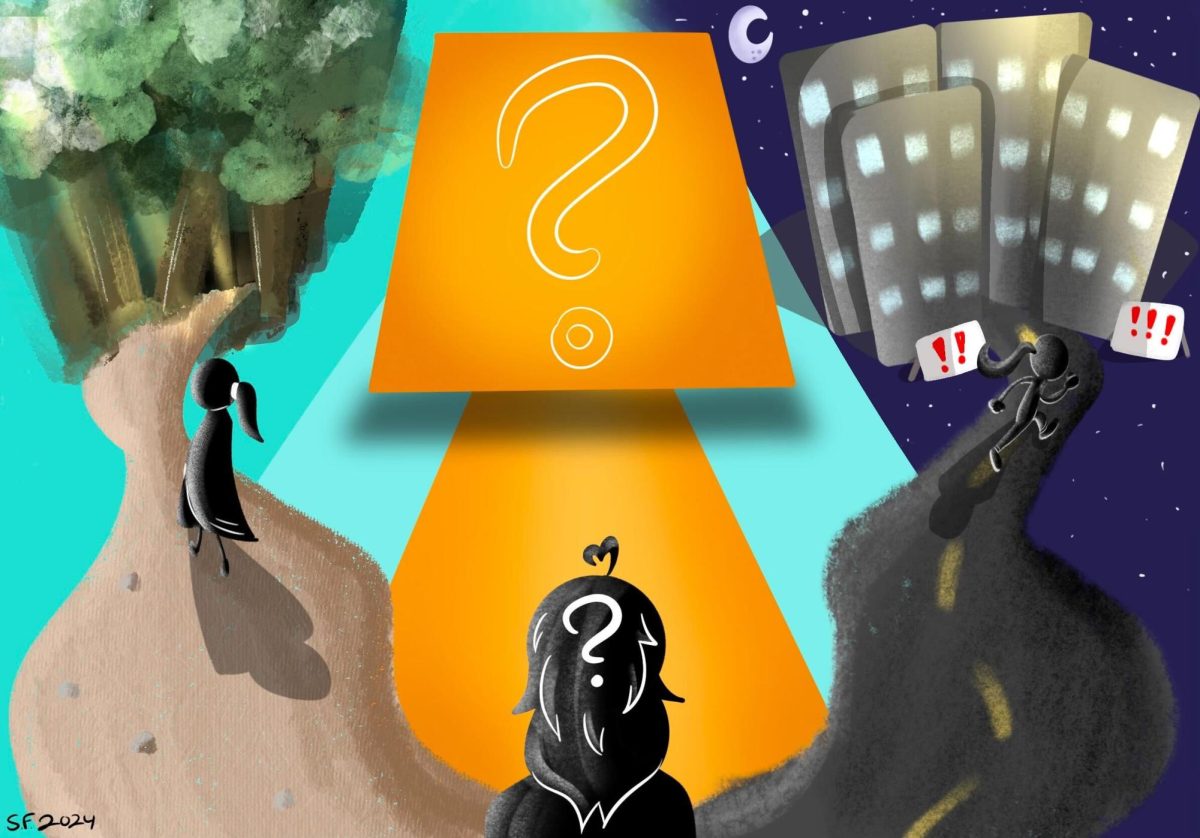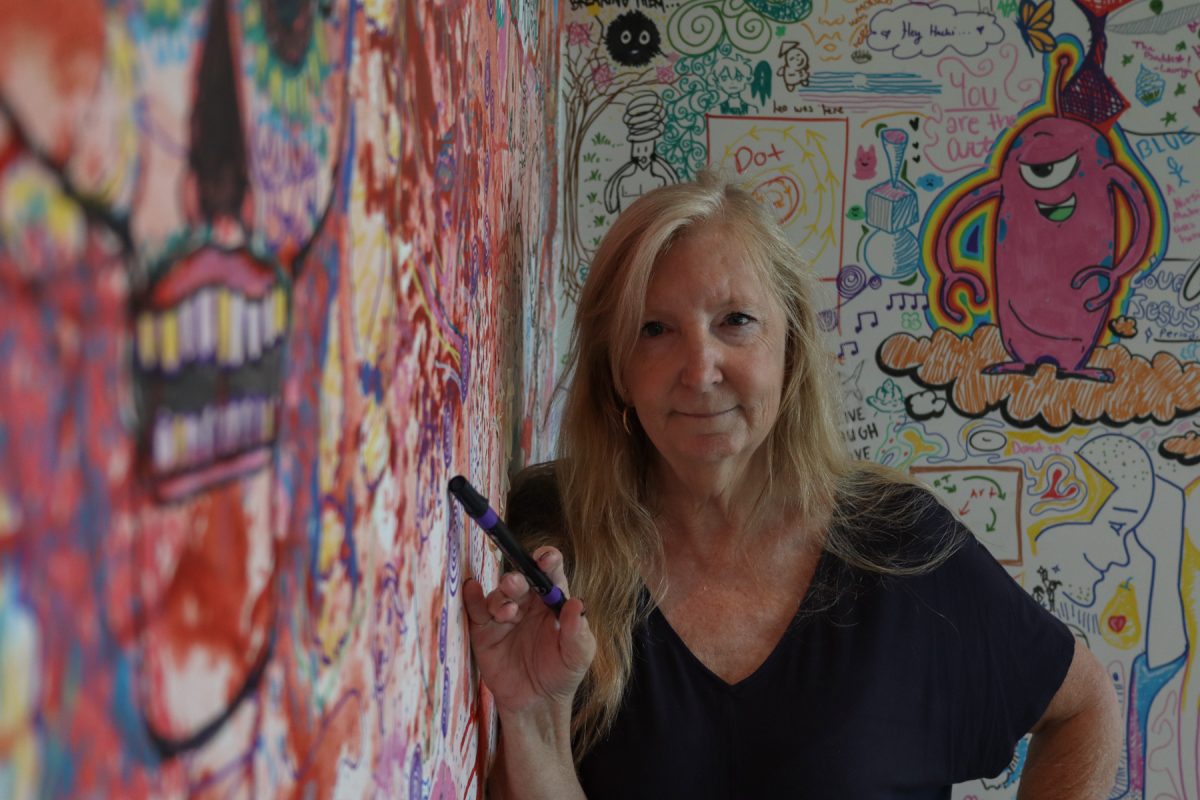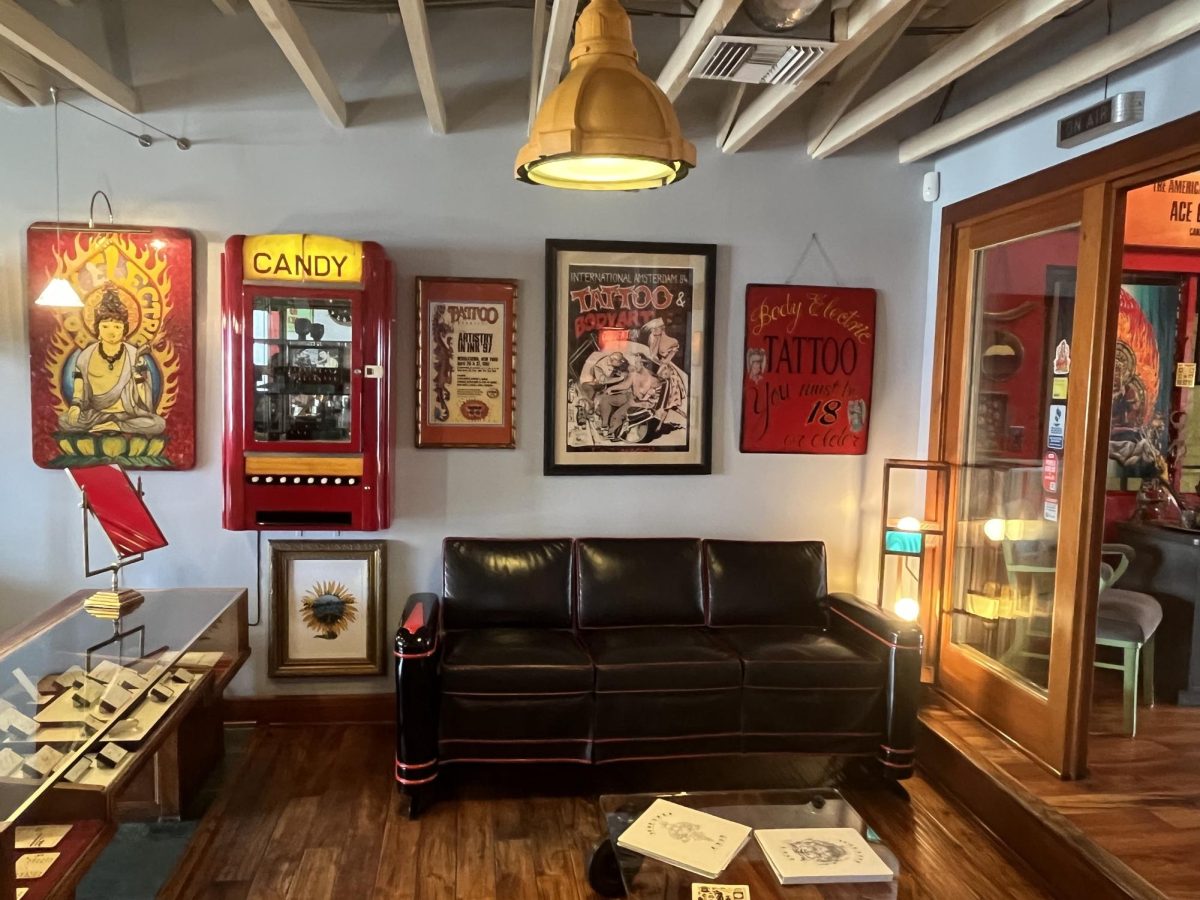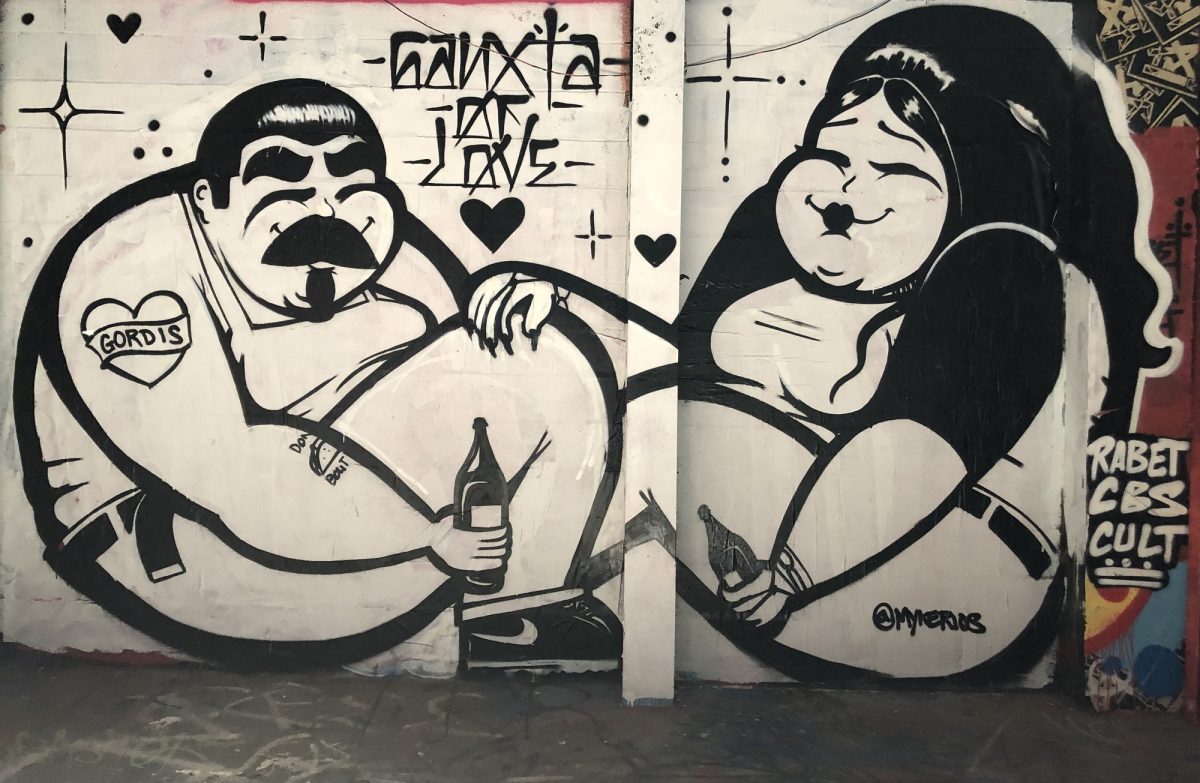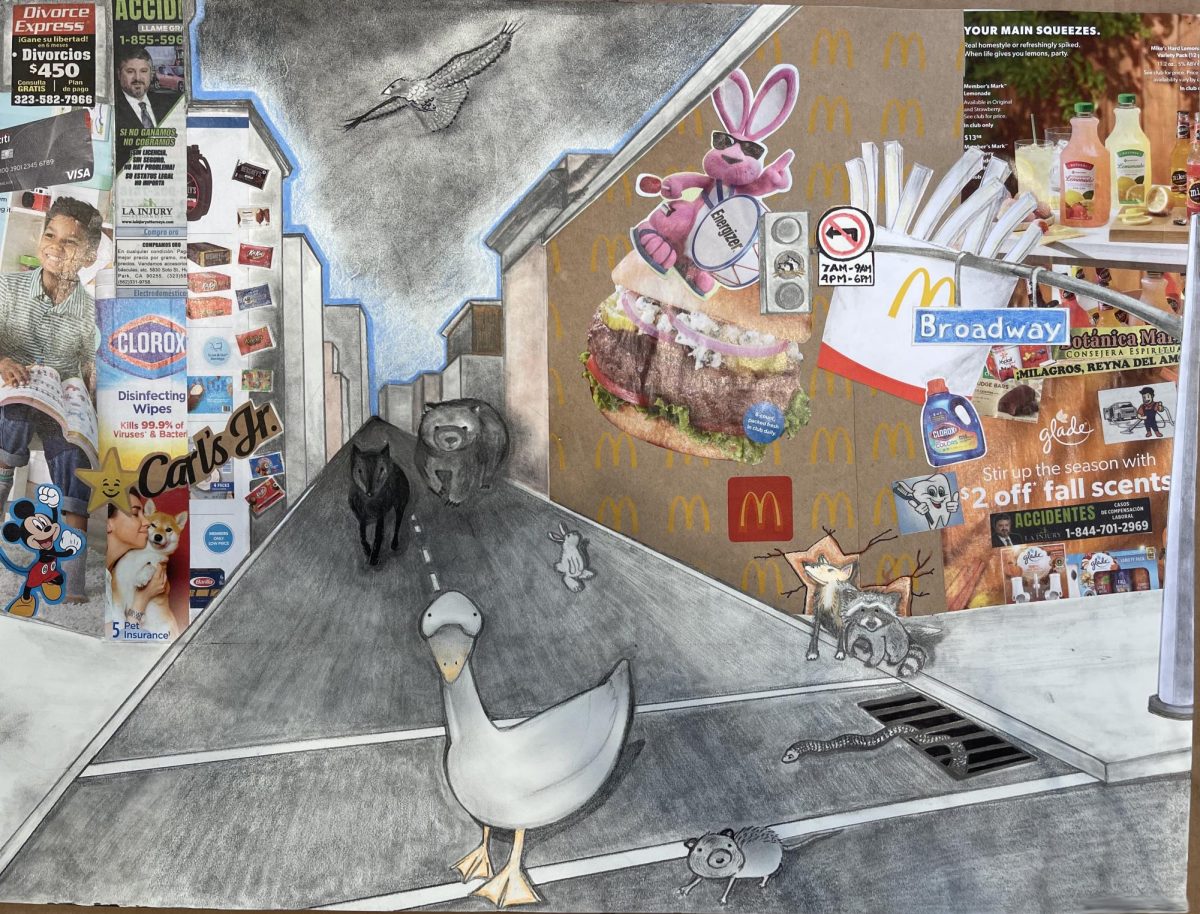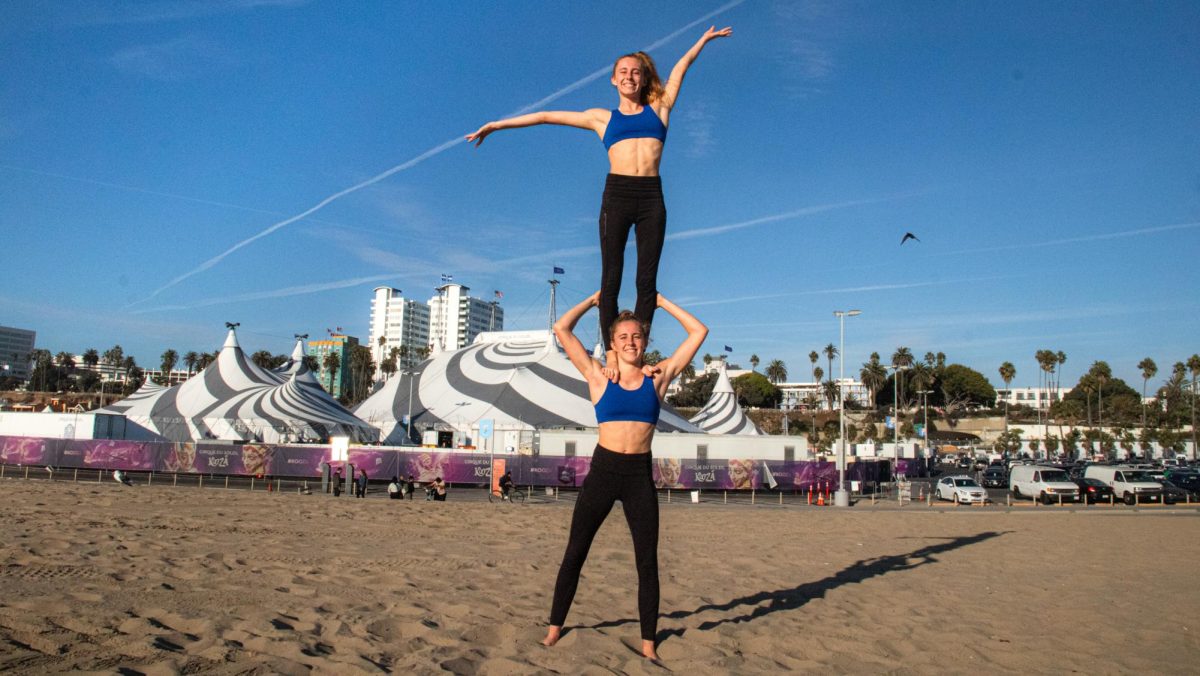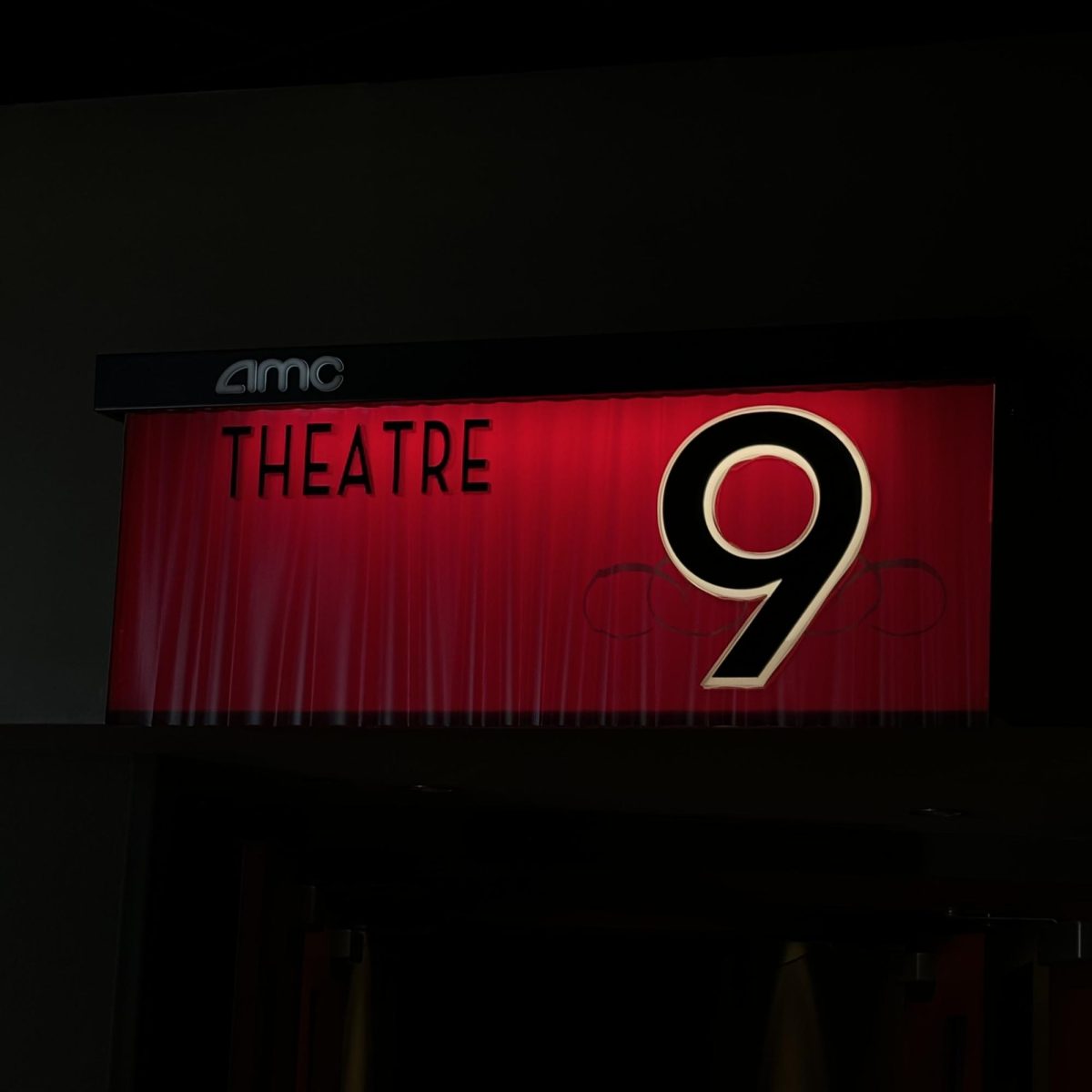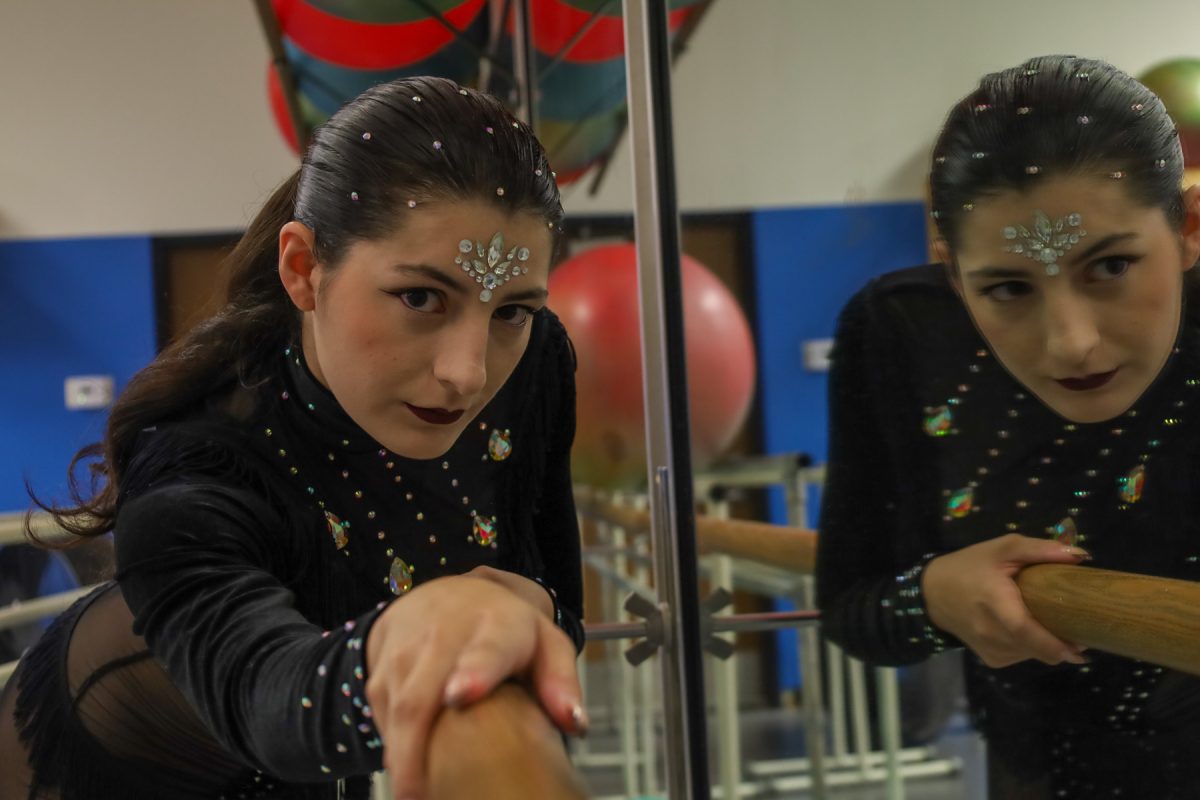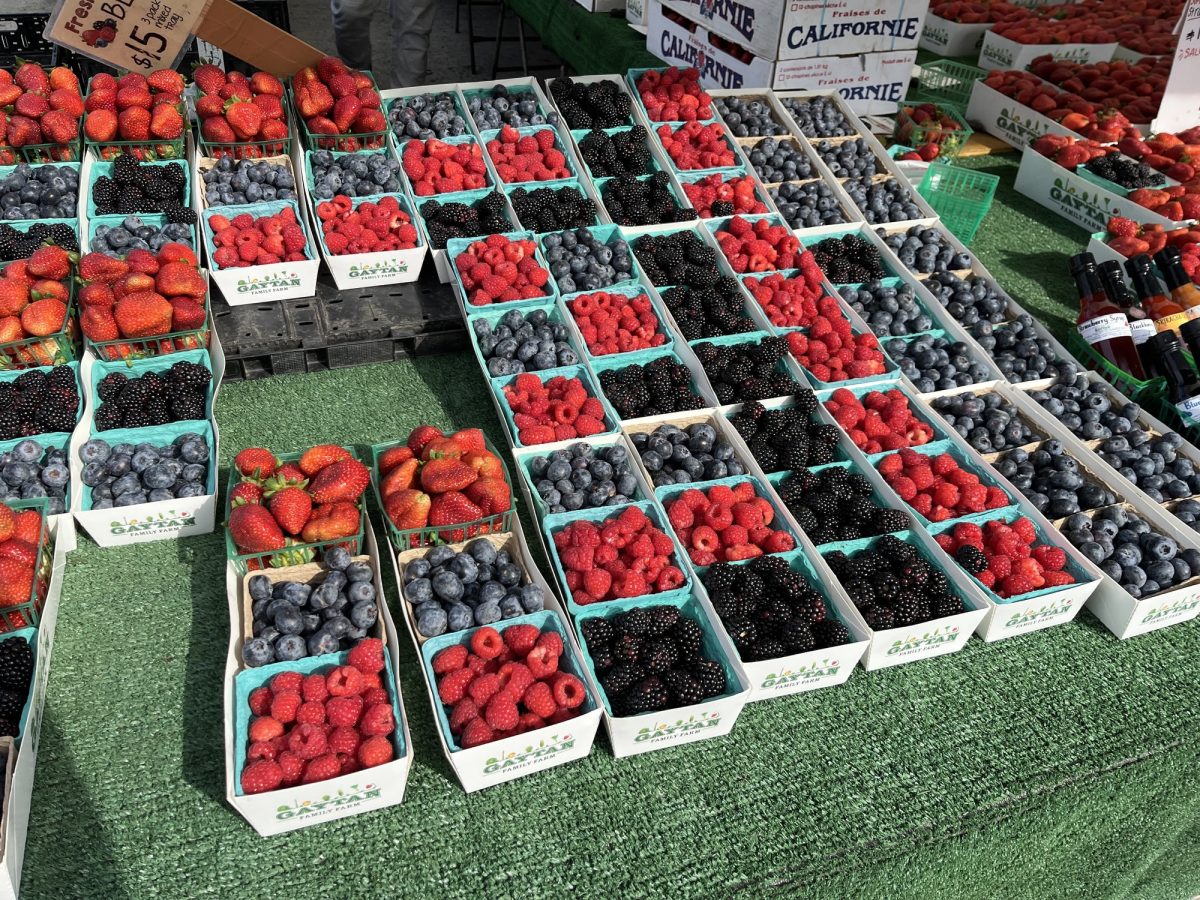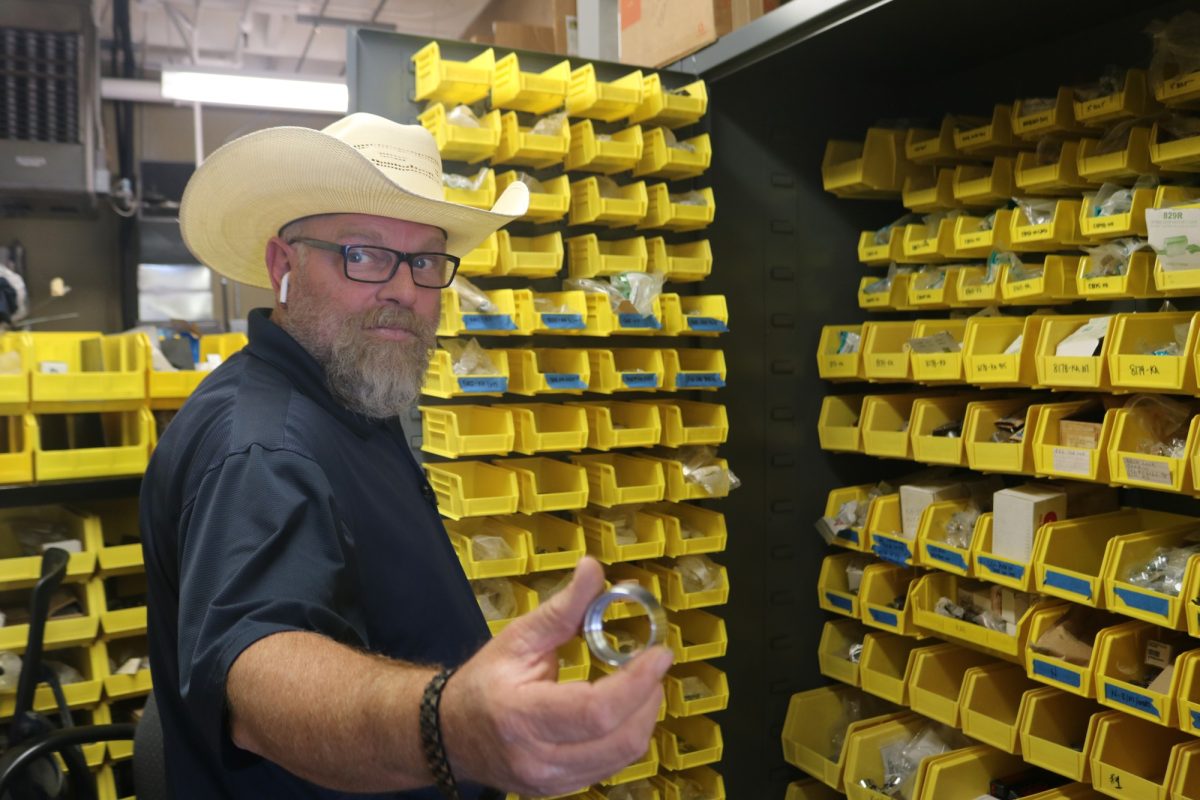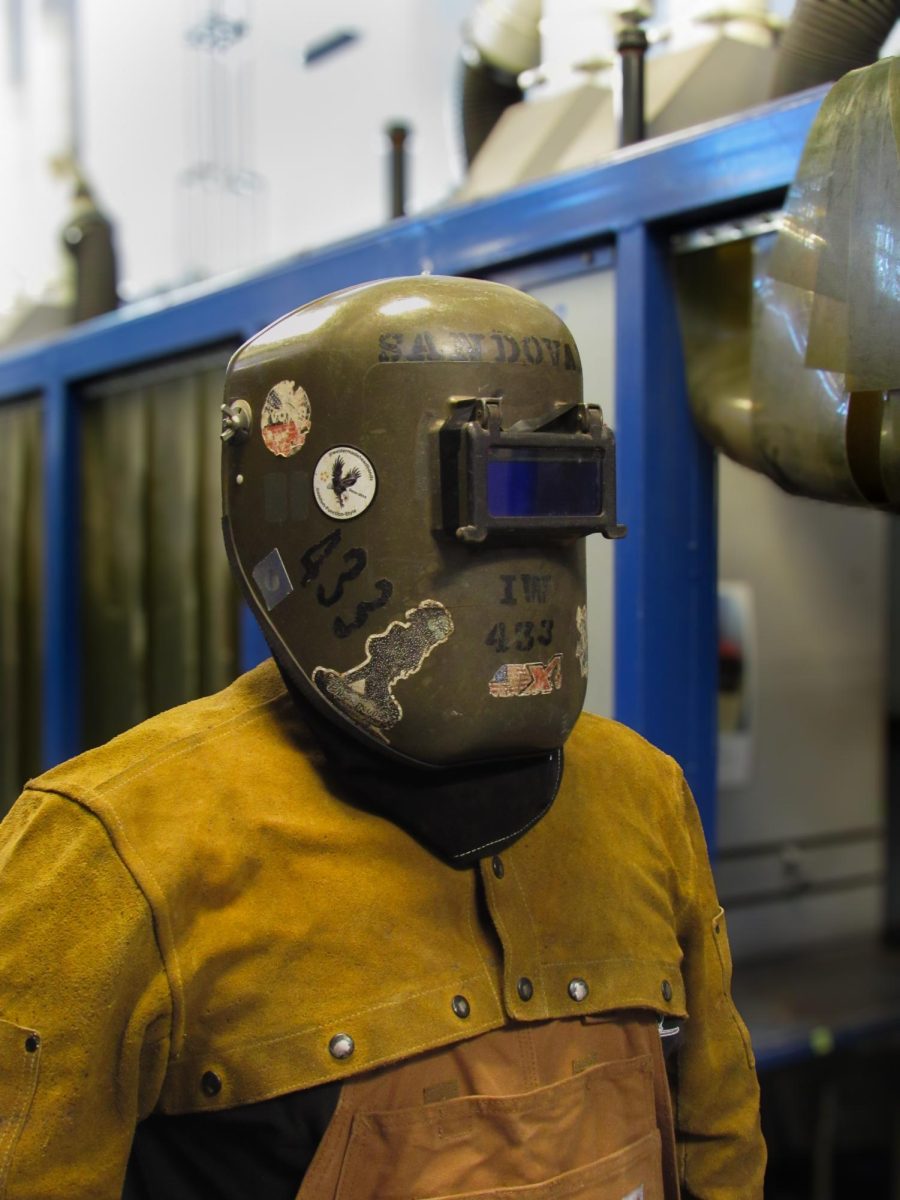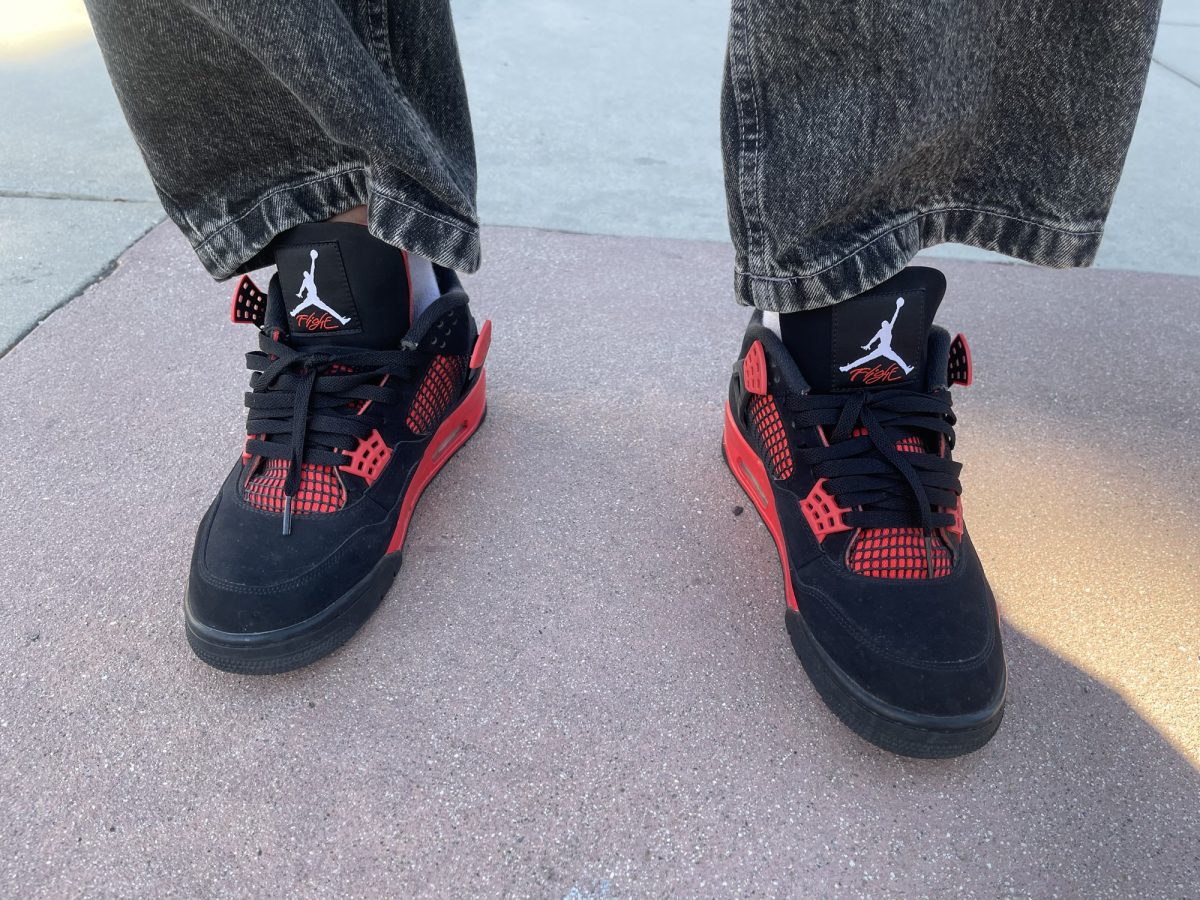Tears streaked down their cheeks. Their voices cracked as they screamed at each other. Their bodies trembled in rage, and they choked on their sentences.
The depth of their pain was evident, showing how much they regretted letting things get this far.
My two best friends were arguing right in front of me.
I was confused. Why were they fighting? It felt as if I didn’t exist. Neither acknowledged me until they wanted me to agree with what they had to say.
As their words grew louder and more brutal, I realized I was scared — scared of losing both of them and scared of being left abandoned without knowing who I was.
We’d been friends since freshman year of high school and it hurt seeing them allow a boy to get in the way of their friendship. It felt like an endless cycle of hatred. The fallout began at the beginning of the summer of senior year and lasted throughout all senior year.
The day of that fight, I lost more than just friends. I lost my sense of self. I was left to figure out my identity, learn to make my own decisions and communicate independently.
A Pew Research Center report says about 2% of teenagers claim they have no close friends, while 98% say they have one or more close friends. I now became part of that 2%, with a deep sense of loss after my closest friends drifted apart.
Everything that we had done together – sleepovers when we were 17 and walks to basketball practices – vanished. There was a hole where love and warmth used to live. For months, I struggled with a deep sense of loneliness and uncertainty.
Senior year was approaching. As we walked to school, there was an obvious tension. We acted like we didn’t know each other. We walked by each other and all that was said was a simple hello.
It began when my closest friend pressured me to stop hanging out with our other best friend. I spent time with each of them individually, behind their backs, not wanting to hurt their feelings. I stayed silent, stuck in the middle. I should have expressed how it made me feel.
I felt so confused and had no one to talk to throughout the first semester of senior year. My eyes were puffy from crying so much the previous night. Every morning, I would grab an ice cube from the refrigerator, hoping to reduce the swelling.
The three of us were always the first to arrive at our lunch table at the start of the year, sitting in the scorching sun until the rest of our friends arrived. The same table we’d sat at throughout high school became increasingly awkward and unwelcoming.
What was once a place of laughter had become a place of hatred.
It was strange how some days we’d act normal and have simple conversations with everyone at the table as if everything was fine. That gave me hope that we could get through this. It made me feel happy and hopeful, but that wasn’t the case.
We avoided eye contact and did not speak to each other most of the time, as if we didn’t know each other. They seemed to be unclear about where my loyalties lay.
Nobody talks about how your friends become your family and eventually your emotional support, but when you don’t have that you must rely on yourself. I was never one to tell my family about my feelings or feel comfortable expressing it to them because I didn’t want them to see my broken side.
If I was sad or angry, I turned to my best friends because they understood me. They were the first to know about my problems. Knowing I could never manage my emotions, I turned to them for support.
I quickly realized that their support gave me confidence. By myself, I was shy, quiet, observant, and reserved. In the trio, I was more loud, outgoing, confident, and easily influenced.
I lost a piece of myself when I lost them; I didn’t know what to do. Time passed, but I remained still, wondering, who am I?
Throughout senior year, I held onto rage and sadness. I despised them for making me choose sides without talking things out.
It’s been two years since I last spoke with them.
The constant feeling of uncertainty was weighing me down. Clinging to these friendships prevented me from growing and moving on with my life. I thought about how I used to follow people instead of being who I truly was, and how I used to let others speak for me.
I learned that it’s OK that things don’t always go your way in life when I had to let go. I discovered who I was when I could be more honest with my friends.
When a new friend asked if I wanted to go to a beach bonfire where I knew there would be people using drugs, I felt pressured to go, but for the first time in my life, I followed my gut and ignored other people’s opinions and validation. I decided not to attend.
At that moment, I realized I had found myself, and my voice, and felt comfortable communicating openly with friends.



